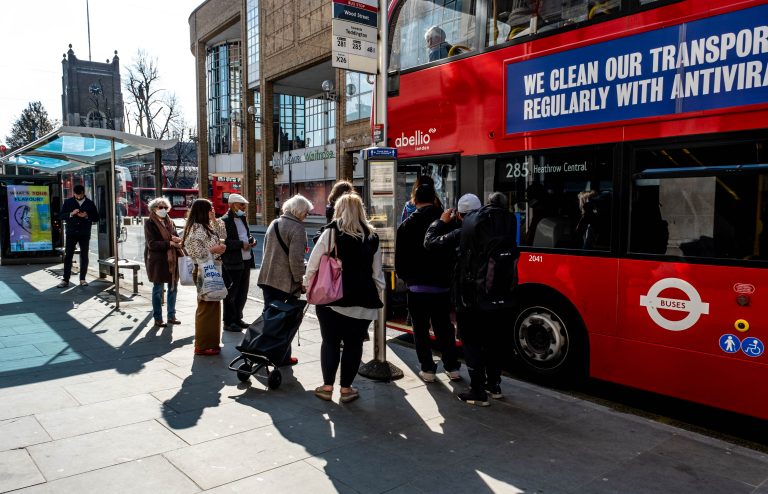In a move aimed at keeping bus travel affordable, the government has announced an extension of the current £3 fare cap on single bus tickets across the country until the end of 2025. Prime Minister Keir Starmer confirmed this decision, which forms part of a larger investment of over £1 billion to support bus routes and improve services nationwide, particularly in rural areas where reliance on buses remains high.
The extended fare cap will ensure no single bus fare exceeds £3. Passengers on routes where fares are already below £3 will see only inflation-based adjustments, keeping fares low while maintaining quality services. The scheme, initially set to expire at the end of 2024, now offers a reprieve for passengers who would have faced steep fare increases without government intervention.
The £3 cap is part of a larger plan to address disparities in bus services, often referred to as the “postcode lottery,” by ensuring fair access across regions. Transport Secretary Louise Haigh described buses as “the engines of economic opportunity,” emphasising that affordable and reliable bus services play a crucial role in connecting communities, particularly in areas where buses are a primary means of transport.
“By extending the £3 cap, we’re helping more people access essential services, work, and education, particularly in rural and suburban areas where buses are a lifeline. This funding also allows us to continue supporting crucial routes that communities rely on,” said Haigh. In addition to the fare cap, the government has pledged an extra £925 million to local councils to help maintain and expand bus services in the coming year, supporting the development of new routes, more frequent services, and protection for essential bus routes.
Local authorities and regional mayors are also being encouraged to support local fare schemes to complement the national cap, as seen in regions like London, West Yorkshire, and Manchester. The planned Buses Bill, expected to be introduced this parliamentary session, aims to empower local transport authorities further by giving them the means to create modern and integrated bus networks. Inspired by the successful Bee Network in Greater Manchester, which has seen passenger numbers increase by 5% in its first year, the bill is designed to put passengers at the heart of decision-making and improve local accountability.
The cap’s funding, sourced from a £151 million government grant, is intended to stabilise fare prices through the end of 2025, avoiding what Haigh described as a “financial cliff-edge” that could have led to a surge in fares on routes like Leeds to Scarborough, which otherwise could have risen as high as £13.
Public transport advocacy groups have praised the move. David Sidebottom, Director at the independent watchdog Transport Focus, remarked, “Our research shows the fare cap is helping more people use buses and travel affordably, especially during these challenging times. The new funding will provide stability for those who depend on public transport daily.”
Looking forward, the government plans to explore targeted fare initiatives to ensure affordable travel is accessible to groups such as young people, with an emphasis on providing value for taxpayers while supporting those who rely most on public transport. The renewed investment in bus services marks a shift from the impact of decades-long deregulation, which saw significant cuts to bus services and left passengers with fewer options.
With buses remaining the country’s most widely used form of public transport, the government’s investment signals a commitment to reversing service cuts, creating a more reliable and affordable bus network that connects communities and supports local economies.



